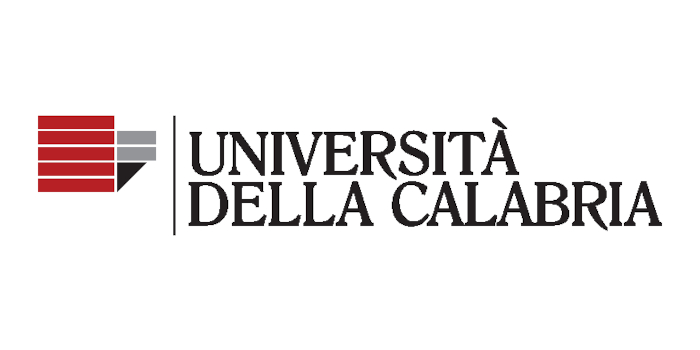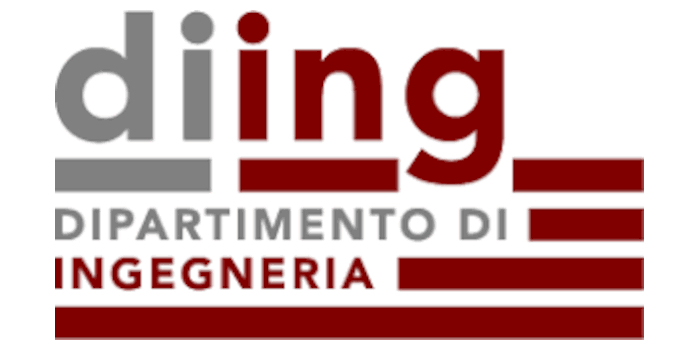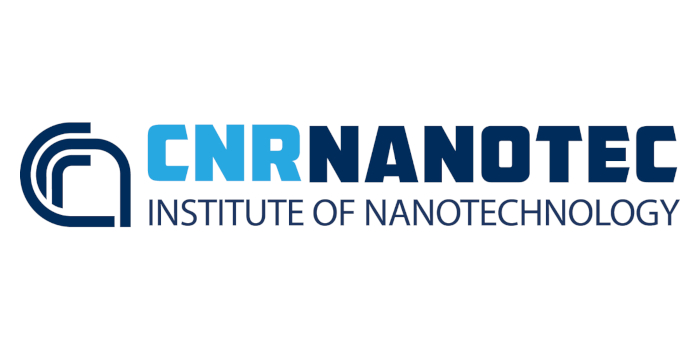SPECIAL SESSION #01
Vision-Based Metrology and Structural Health Monitoring for the Built and Living Environment
ORGANIZED BY
Arman Neyestani
University of Naples Federico II, Italy
Mauro D'Arco
University of Naples Federico II, Italy
SPECIAL SESSION DESCRIPTION
This Special Session aims to bring together researchers and practitioners working at the intersection of computer vision, metrology, and structural health monitoring (SHM) for the built and living environment. Advances in high-resolution imaging, low-cost cameras, UAVs, embedded vision, and AI-based image analysis are redefining how we sense, quantify, and understand the condition and performance of civil, mechanical, and environmental systems. The session welcomes contributions on vision-based techniques for displacement, strain, vibration, damage and deformation monitoring, as well as solutions enabling continuous, scalable, and in-situ metrological traceability.
By fostering dialogue between experts in metrology, SHM, computer vision, robotics, geospatial sensing, and smart infrastructure, this session seeks to: (i) assess the current accuracy, robustness, and limitations of image-based methods; (ii) explore standardized procedures and uncertainty quantification for camera-based measurements; (iii) promote interoperable frameworks with digital twins and IoT platforms; and (iv) identify open challenges for practical deployment in real-world living environments, including heritage structures, transportation infrastructures, buildings, and urban spaces.
TOPICS
Related Topics:
- Vision-based displacement, strain, and vibration measurement;
- Full-field and marker/markerless optical techniques (e.g., DIC, feature tracking, ArUco, optical flow);
- AI and deep learning for damage detection, crack segmentation, and anomaly detection;
- Multi-sensor fusion with Vision systems ( GNSS, LiDAR, radar, accelerometers, IoT) for SHM;
- Metrological characterization, calibration, and uncertainty evaluation of camera-based systems;
- Long-term, in-situ, and low-cost vision systems for infrastructure and living environments;
- UAV- and robot-assisted visual inspection and monitoring;
- Vision-enabled digital twins of structures, buildings, and cities;
- Monitoring of cultural heritage structures and historic urban fabrics;
- Environmental and operational effects, robustness, and reliability of visual sensing in the field.








